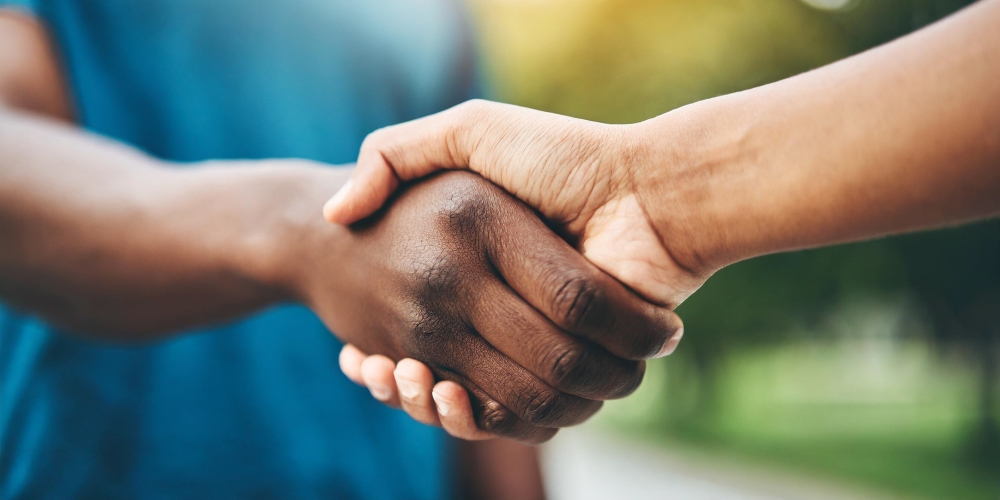We want you to enjoy living in your home and neighbourhood without interference and disturbance from others. Unfortunately, even in the safest of neighbourhoods, anti-social behaviour can occur.
The below aims to outline what anti-social behaviour is and when you should report to us.

Anti-social behaviour can include:
It’s important to bear in mind that behaviours that appear anti-social may just be a result of differing lifestyles.
The following examples are not considered anti-social behaviour:
When the behaviour first occurs, it is good to make your neighbour aware it is causing a nuisance and let them know the impact it is having. However, we understand that in some circumstances this may not be possible, so do not put yourself at risk.
If you are experiencing issues with your neighbour, we ask you consider the following before reporting to us:
Will you tell them that I have complained about them?
We won’t tell them without your permission, and if you would rather call us to make a complaint anonymously, you can but it will restrict the action we can take. We are unable to stop them from making their own assumptions regarding who raised the complaint.
Although it rarely happens, if the case does progress to court we may ask you to be a named witness.
What should I do if I feel my personal safety is at risk?
If your personal safety or the safety of others could be at risk, you should call 101 or 999 in an emergency and seek police assistance. The police will then have a record of the event which they can share with us if necessary.
If your efforts of contacting your neighbour do not improve the situation, then you can report to us using your online account.
PDF 191 KB